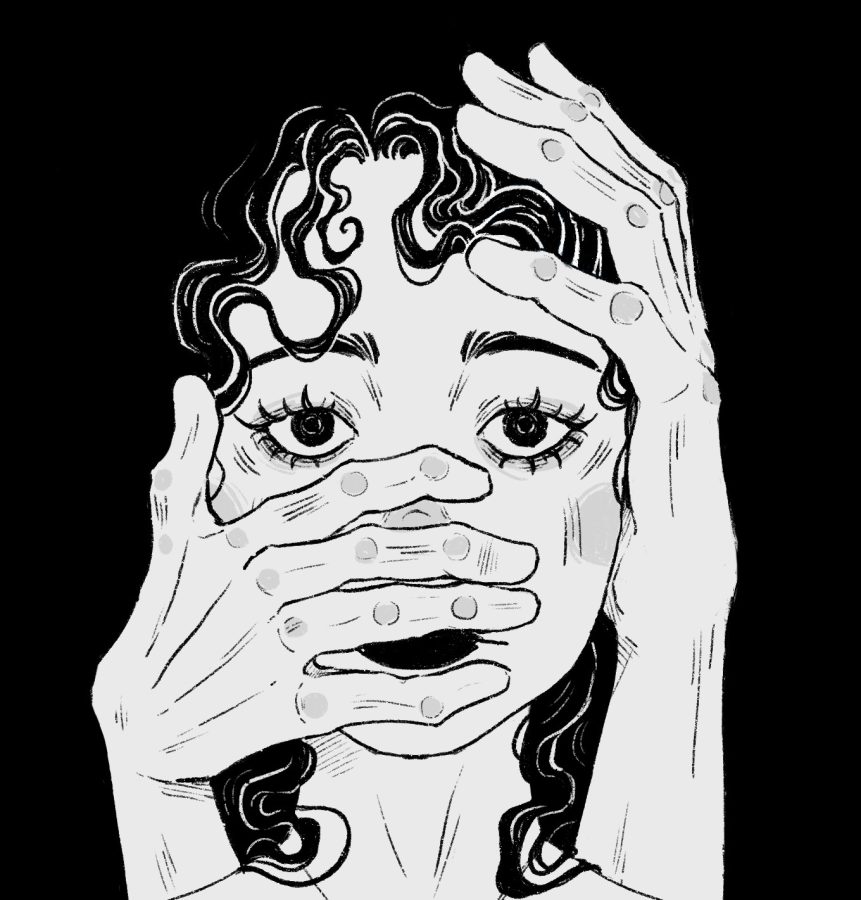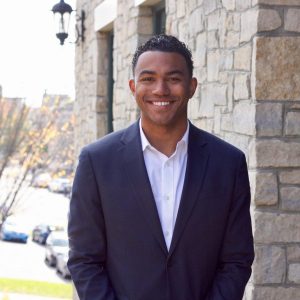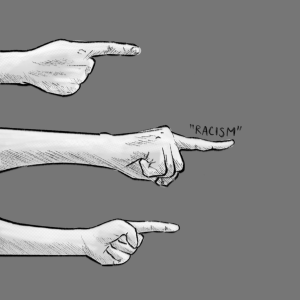What the “Don’t Say Gay” Bill Means for Florida’s Students
July 11, 2022
Republican lawmakers have introduced over 300 anti-LGBTQ+ bills in the past year, according to the Human Rights Campaign, which range from censoring LGBTQ+ topics to criminalizing healthcare methods for transgender youth. This March, much attention has been geared towards Florida’s Parental Rights In Education bill–also known as the “Don’t Say Gay” bill–which states that, “classroom instruction … on sexual orientation or gender identity may not occur in kindergarten through grade three or in a manner … [in]appropriate for students in accordance with state standards,” and goes into effect July 1st, requiring Florida schools to update their curricula by June 2023.
The bill was first passed by Florida’s Republican-majority House of Representatives on February 24 and in theState Senate on March 8, and signed into law by Republican Governor Ron DeSantis on March 28th. Before signing the bill, DeSantis said at a press conference that teaching kindergarteners “they can be whatever they want to be” was “inappropriate” for children. A spokesperson for DeSantis stated, “This calculated, politically motivated, virtue-signaling lawsuit is meritless, and we will defend the legality of parents to protect their young children from sexual content in Florida public schools.”
However, many believe this is only limiting LGBTQ+ representation in schools and will have a negative impact on children’s development. According to a 2019 report from the Gay, Lesbian, and Straight Education Network (GLSEN), an LGBTQ+ advocacy organization, two thirds of LGBTQ+ youth respondents had not been exposed to LGBTQ+ people, history, events, or other representation, and at schools with an LGBTQ+ inclusive curriculum, 59% of respondents said they frequently heard the word ‘gay’ used in a negative manner.
Natasha Poulopoulos, a pediatric psychologist from Miami, said to The Guardian, “Using very simple language like: families can look diverse. Some families only have one parent. Some families have a grandparent and a mom. Some have two moms. Some have a mom and a dad. That simple language is by no means sexualizing children. It is simply explaining the concepts of family structure, of sexual orientation and gender identity in a very developmentally appropriate way.”
LGBTQ+ students and children oftenface worse mental health than their non-LGBTQ+ peers, such as higher levels of substance abuse, suicidal thoughts and attempts, and lack of academic engangement and participation. If developing children feel like they shouldn’t talk about these subjects because of their schools’ policies, they may grow up feeling isolated. Laura Anderson, a psychologist from Hawai’i, told the Register Forum that parents will have to “undo the harm of their child having felt othered forever”. Protests against the law have sparked all over Florida, mostly involving students walking out of school chanting “We say gay!” As the bill goes into effect in July, we can only wait and see how this will impact schools, families, and Florida students, both LGBTQ+ and not.
This piece also appears in our April 2022 print edition.











